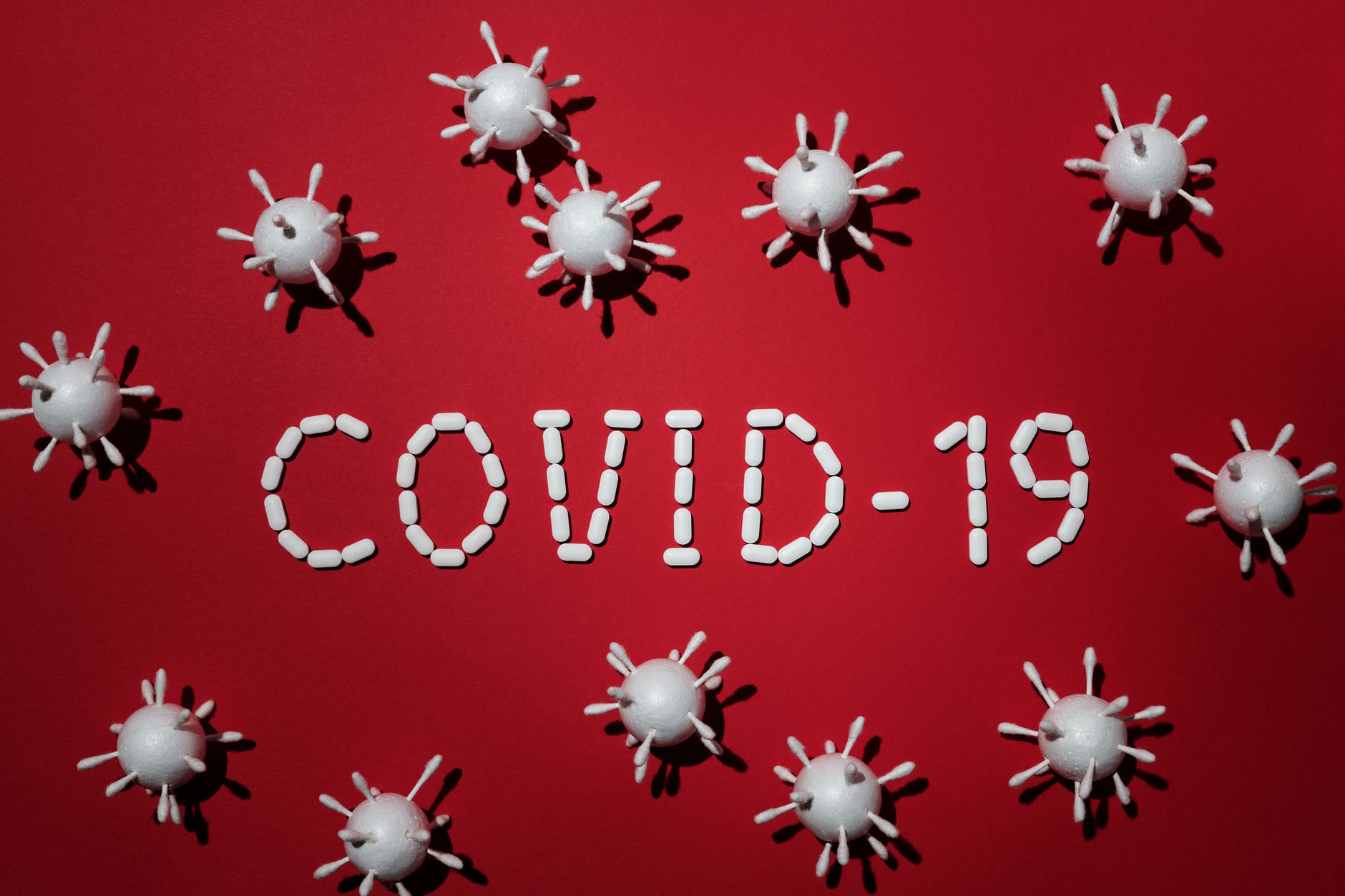How Coronavirus Human Trials Work. Economist Report

Human trials are an important part of medical research. What emerges from the coronavirus trials in the analysis of the weekly The Economist
If you're planning on getting covid-19, jokes college student Jacob Hopkins, the safest place to do it is a hospital. So in March, Mr Hopkins lay down on a bed at the Royal Free Hospital in London while doctors put drops of liquid in his nose that carried the sars-cov-2 virus. Mr. Hopkins was one of 36 participants in the first human challenge trial (hct) for covid-19.
Human trials are an important part of medical research. Studying sick people in the controlled environment of a laboratory allows scientists to gather valuable insights into how diseases work much faster than relying on messy and uncertain real-world data. Since World War II, some 40,000 volunteers have become infected with everything from malaria and typhus to dengue fever and cholera – writes The Economist .
But even though the idea of doing a hct for covid-19 has been debated since the early days of the pandemic, it proved controversial enough that only Britain allowed them to move forward. (A second hct is underway at the University of Oxford.) The results of the Royal Free trial, conducted with the help of Imperial College London and a company called hvivo, which specializes in hcts, are expected in the coming weeks. . They will include details on the natural course of covid-19 infection, how well the different tests do in detecting infections, how much exposure to sars-cov-2 is needed to infect someone, and how useful masks are in preventing transmission.
Despite safety concerns, the trials proceeded without incident, says Andrew Catchpole, scientific director of hvivo. The volunteers in the trials had only mild symptoms. And the data generated appears to be very useful. Dr. Catchpole says he and his team were "stunned" by how consistent the disease course was in several volunteers. The shedding of viral particles, for example – which can then go on to infect others – usually begins within a few days of infection, typically up to the fourth day, after which it increases very rapidly.
Another strand of the test aims to nail down just how long it takes, after an individual is infected, for covid-19 to be detected, by both the cheap, widely used tests, and the more expensive, more accurate PCRs. During the experimentation, the researchers conducted frequent swabs of the rooms where the volunteers were confined. This allowed them to understand exactly when infectious viral particles – as opposed to simple passive blobs of genetic material – were present in the room. There will also be more to be said about the neurological symptoms of covid-19, and the immune response of infected individuals.
Despite this data promise, hcts for covid-19 remain controversial. Opponents point out that covid-19 is a potentially dangerous disease that is not well understood or always treatable. Long covid, a mysterious condition in which symptoms persist for months, is a possibility, as is death. Jan Helge Solbakk, head of research at the Oslo Center for Medical Ethics, says there is no longer any valid argument in favor of hct now that vaccines have been developed and tested.
Advocates reply that the safety record of previous HCTs is "exceptional", and that the risks can be minimized by giving young and healthy volunteers the smallest possible dose of the virus. Arthur Caplan, a professor of medical ethics at New York University's Grossman School of Medicine, notes that drug trials also carry the risk of injury or death, yet they are not controversial. He says opponents of hct are not focusing on the research that is still needed, even on new vaccines, or on the time it will take to get such data without hct. He accuses them of "confused moral thinking".
The trial infected participants with the original sars-cov-2 strain that first emerged in China in 2019. This means that not all data will be generalizable to the Delta variant of the virus, which has become dominant in many countries. . But Dr. Catchpole says he expects at least some consistency in the results regarding the minimum dose needed for infection.
And having conducted a series of HCTS safely, it should be easier to undertake more in the future. Further trials could allow for faster vaccine testing against new sars-cov-2 variants, for example, or tightly controlled comparisons of different vaccines to see which is most effective. (These questions could take years to answer with real-world data.) They could also help get quick answers on how well new or existing drugs work against covid-19.
Adrian Hill, the director of the Jenner Institute, an Oxford-based vaccine research institution, says the risks of conducting hct have been reduced by the availability of new treatments for covid-19, such as monoclonal antibodies. Yet even in Britain, discussions about safety have delayed the start of trials by months. Covid-19 is unlikely to be the latest new disease the world faces, says Dr. Hill. To help save lives in the future, he would like to see the ethical issues around HCTS resolved before the next pandemic arrives.
(Extract from the foreign press review of Eprcomunicazione)
This is a machine translation from Italian language of a post published on Start Magazine at the URL https://www.startmag.it/sanita/trial-coronavirus/ on Sat, 11 Sep 2021 06:00:31 +0000.
